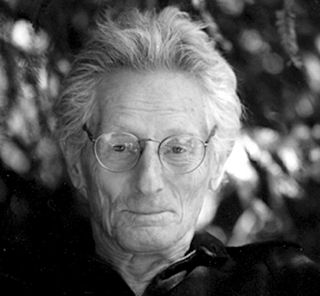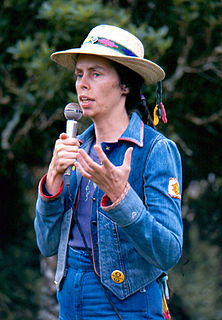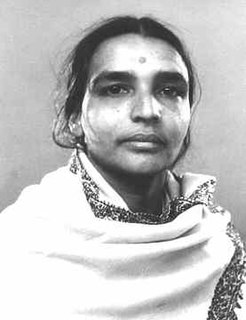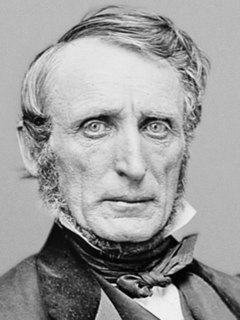A Quote by Margaret Cuomo
Simply stated, our bodies and mind are closely connected, and that which affects our state of mind will invariably affect the way in which our bodies function.
Related Quotes
Presumably there are energies, to which each human is sensitive, that we cannot yet detect by means of our instruments. Built into our brains and our bodies are very sensitive tuneable receivers for energies that we do not yet know about in our science but that each one of us can detect under the proper circumstances and the proper state of mind. We can tune our nervous systems and bodies to receive these energies. We can also tune our brains and bodies to transmit these energies.
Realizing that our minds control our bodies while our bodies reflect our minds amounts to understanding the most fundamental aspects of ourselves. It further equals a comprehension of the relationship between our "tools." And since the mind and body are interrelated, this understanding makes it easier to see why coordinating them is a practical way of using these tools to greatest effect-a way of using the mind and body to live our lives as art.
An affectionate disposition not only makes the mind more peaceful
and calm, but it affects our body in a positive way too. On the
other hand, hatred, jealousy and fear upset our peace of mind, make
us agitated and affect our body adversely. Even our body needs peace
of mind and is not suited to agitation. This shows that an
appreciation for peace of mind is in our blood.
A mountain of evidence shows that our bodies are pushing, shaping, even leading our thoughts, feelings, and behaviors. That the body affects the mind is, it's fair to say, incontestable. And it's doing so in ways that either facilitate or impede our ability to bring our authentic best selves to our biggest challenges.
We human beings are not only the beneficiaries but also the stewards of other creatures. Thanks to our bodies, God has joined us so closely to the world around us that we can feel the desertification of the soil almost as a physical ailment, and the extinction of a species as a painful disfigurement. Let us not leave in our wake a swatch of destruction and death which will affect our own lives and those of future generations.
Birth Matters... It matters because it is the way we all begin our lives outside of our source, our mother's bodies. It's the means from which we enter and feel our first impression of the wider world. For each mother, it is an event that shakes and shapes her to her innermost core. Women's perceptions about their bodies and their babies' capabilities will be deeply influenced by the care they receive around the time of birth.
Our world does not exist from its own side--like a dream world, it is a mere appearance to our mind. In dreams we can see and touch our dream world, but when we wake up we realize that it is simply a projection of our mind and had no existence outside our mind. In the same way, the world we see when we are awake is simply a projection of our mind and has no existence outside our mind.
Freedom is a state of mind, I said wondering where I'd heard it before, not a state of being. We are all slaves to gravity and morality and the vicissitudes of nature. Our genes govern us much more than we'd like to think. Our bodies can not know absolute freedom but our minds can, can at least try.
It's only when movement becomes the most natural state in our lives that we can finally begin to enjoy the motion. And it's only when standing still becomes impossible that we can finally embrace the kinds of changes that are inevitable in our lives.
We were not designed to stand still. If we were, we'd have at least three legs. We were designed to move. Our bodies are bodies that have walked across vast continents. Our bodies are bodies that have carried objects of art and war over great distances. We are no less mobile than our ancestors. We are athletes. We are warriors. We are human.
We usually do pay attention to our outer appearance, typically noticing whatever part of our bodies we are unhappy about. It behooves us, however, to get on very good terms with more than just the surface of our bodies as we grow older; for if we don't listen to our bodies and pay attention to our physical needs and pleasures, this vehicle that we need to be running well to take us into a long and comfortable life, will limit what we can do and who we become.
In addition to pumping the blood of life within our bodies, we may think of the heart as a belief-to-matter translator. It converts the perceptions of our experiences, beliefs, and imagination into the coded language of waves that communicate with the world beyond our bodies. Perhaps this is what philosopher and poet John Mackenzie meant when he stated, "The distinction between what is real and what is imaginary is not one that can be finely maintained ... all existing thing are ... imaginary."



































